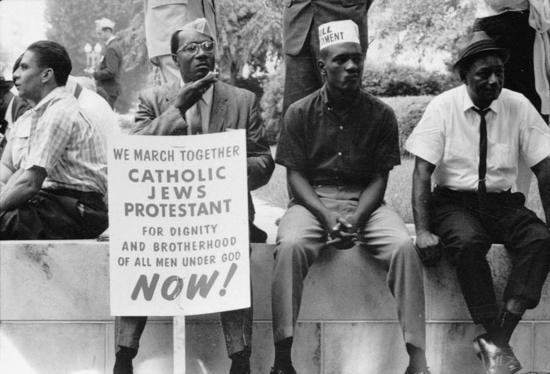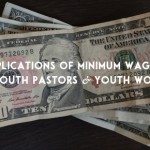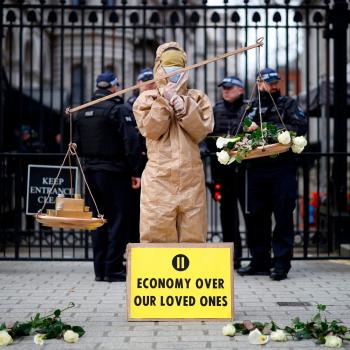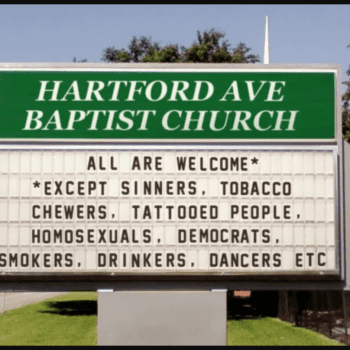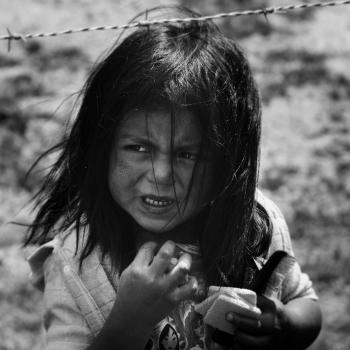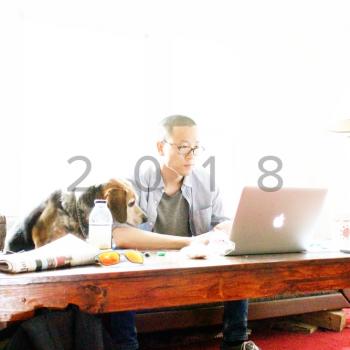I recently lost yet another a white friend over “the issue of race.” It was after repeatedly confronting him in regards to his consistent use of the “n-word.” He wasn’t the first close friend I’ve lost, but I’m determined for him to be one of the last, as after these repeated instances, I’m relearning who I should be surrounding myself with.
But this situation, it makes me wonder if within our social media day and age, where each and everyone of us has a differing voice and inevitably differing opinion (on issues such as race relations, gun control, foreign policy, and/or Christmas trees [or the lack thereof] on their coffee cups) if the vast majority of us are not facing the loss or schism found within so many of our close relationships.
“Michael Brown’s death didn’t cause a divide between you and the people in your social networks. It simply revealed one. Use the information you’re getting to decide which relationships you value.” – JENÉE DESMOND-HARRIS
Our culture and online environment has become increasingly erratic and our lives, at least in the states, that much more medicated and unstable. In light of all of this the question I’ve been asking myself as of recently is one posed by Pramila Jayapal, in a recent article posted not too long ago, “How do we call people in even as we call them out?”
My immediate reaction to this question is to wonder out loud whether or not this is even realistically rational to ask.
I ask this because, I’ve been accused by virtually every privileged person in my life of “calling people out incorrectly…” Usually they don’t explain, but the few that do go on to say that it’s my tone, the way in which I word things, or the timing in which I bring these topics up (as if there is any correct tone, wording, or correct time for me to interrupt their comfortability).
To be fair, I think many times, they’re right to an extent.
But, I’ve come to realize that, the people that were in my life, were not able to be called out, because they were unwilling to listen to me. It’s not all on them, neither is it all on me, but I’ve found that, as an adult, it was and is my responsibility to curate my own healthy community. In other words, they needed to go, and the conversation was not worth having (for either of us).
For instance, when I confronted my friend, admittedly, my reaction was visceral; I was triggered and enraged by his outright denial and overall ignorant insensitivity. I was hurt, as I had deemed him as an ally, and even more so, I had trusted him as a friend… that was safe. But, the hard truth was that I was naïve, having ignored obvious red flags (i.e. his consistent use of the n-word when drinking, and that he was always drinking). And that it was completely irrational for me to believe that we’d have a constructive conversation about his consistent use of this divisive term.
Again, it’s learning from this, and realizing that in certain seasons of life, we shouldn’t be friends with certain types of people. After all, “is it not better to light a candle than it is to curse the darkness [1]?”
To go back to the question Pramila poses, I believe it to be essential, as I believe that unity is a necessity within the pursuit of an all-around just society. But, I think what might be a better, or rather, a more preliminary question is the inverse of what Pramila is asking, that being, “How do we identify the right and the safest people to call in, that will then be willing and abled, to be called out?”
It’s tough, for many of us, to find these when we haven’t ever experienced them. It’s even tougher to break a cycle of surrounding oneself with toxic people. Not that one is attracted to abuse, but rather their drawn to what’s always been familiar.
I’m admittedly still figuring these out and always going to be tweaking these as I go on. Either way, I’ve noticed a few things in which have helped me identify and find healthier relationships and an overall better life…
- The first is simply finding a safe space. We, I believe, to a large extent, have the ability to create the environment in which we experience… Acknowledge and identify the safe, stable, mature people around you, while ridding your life of those that aren’t. Many times, this means leaving, the space your currently in, this can be the hardest, yet most necessary, thing to do in your entire life.
- The hardest one for me is to look in the mirror, and ask whether or not I am safe for them (the person I disagree with)? It’s not just about you or I, but it also comes down to our own maturity, humility, and what’s best for any given community. Are we humble and mature enough to take on a differing perspective in which we might adamantly disagree with? Are we in control enough to be able to take on a differing perspective and use our minds to strategize in order to create a safe space for the both of you to agree…?
- The cheesiest, and most cliche is to stay positive. Not the kind in which the book “The Secret” is talking about. But the kind of positivity in which allows you the energy to keep going, while enabling you to continue rebuilding. It’s easy to get caught in the cycle of pure negativity.
- And the last is to merely ask these questions: 1) Will the conversation be productive? 2) Is it worth it? 3) What is your motivation? And 4) How can you make this a positive interaction for the both of you…?
So, how do we call people in even as we call them out? For most of us, as “progressive Christians” dealing with not-so-progressive environments (especially during the holidays), the simple and hard cut answer is, “Don’t,” because you they won’t hear you, you won’t hear them, and it won’t be productive – it will most likely only show it self as hurtful. But, the good news is that our world is bigger than our former evangelical bubble, that there are non-authoritarian, inclusively accepting, people out there. And, to be fair if you’re on the opposite end of the spectrum there are also your kind of demographic out there too!
I think that once many of us have found this sense of stability and safety in an environment we trust, our lives are then much more abled to constructively and effectively confront the injustice within our world. Because, lets be honest, not all of us have this privilege of constructing or reconstructing a safe community. I think that once we do this, it’s then our job to spread this, and invite others into this…
[If you enjoyed this article check out my recent interview with Deborah Jian Lee on “Rescuing Jesus: How People of Color, Women and Queer Christians are Reclaiming Evangelicalism” – and you can subscribe to the blog here]
[1]Eleanor Roosevelt quote.

